Find Help
More Items From Ergsy search
-

Is my abnormal heart rhythm dangerous?
Relevance: 100%
-

Is my abnormal heart rhythm dangerous?
Relevance: 95%
-
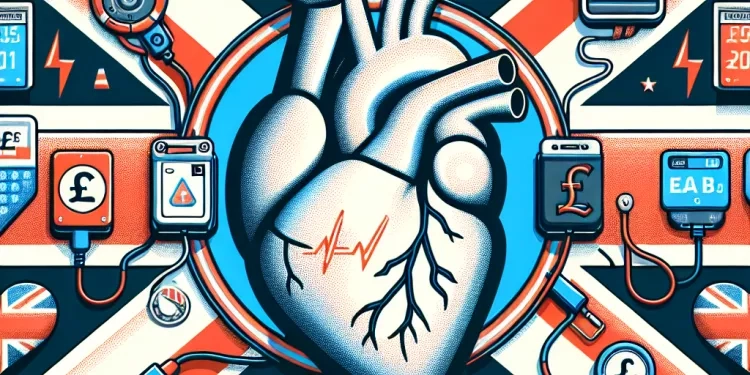
Can a defibrillator restart a stopped heart?
Relevance: 32%
-
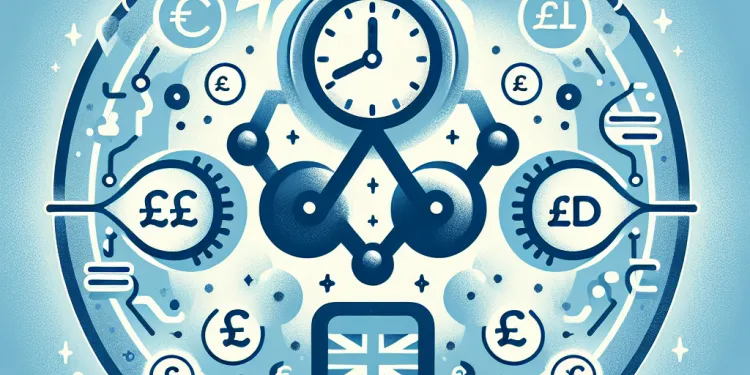
What is the relationship between cortisol and the circadian rhythm?
Relevance: 31%
-
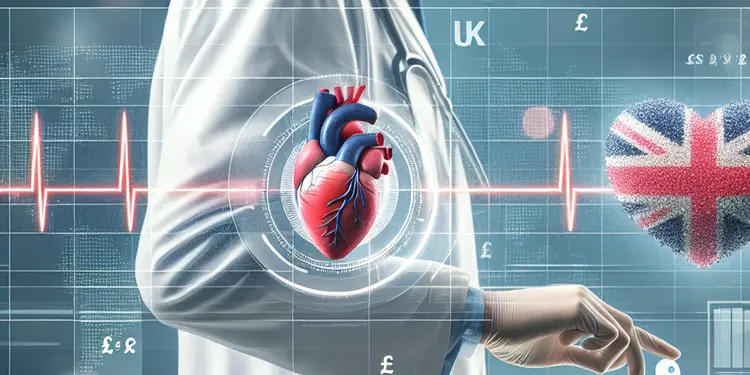
How is heart failure diagnosed?
Relevance: 30%
-

What if my mammogram results are abnormal?
Relevance: 28%
-
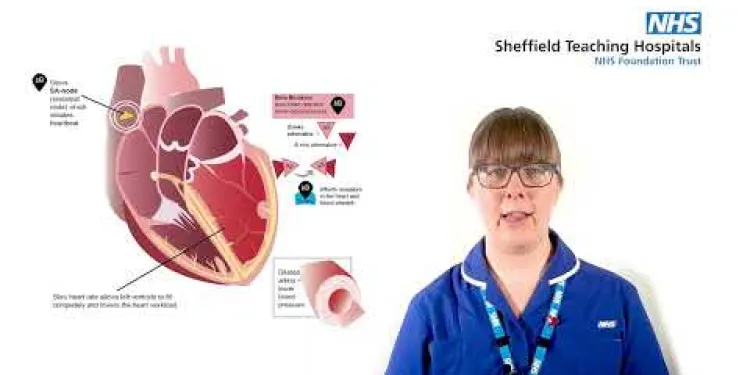
Medicines of the heart
Relevance: 26%
-
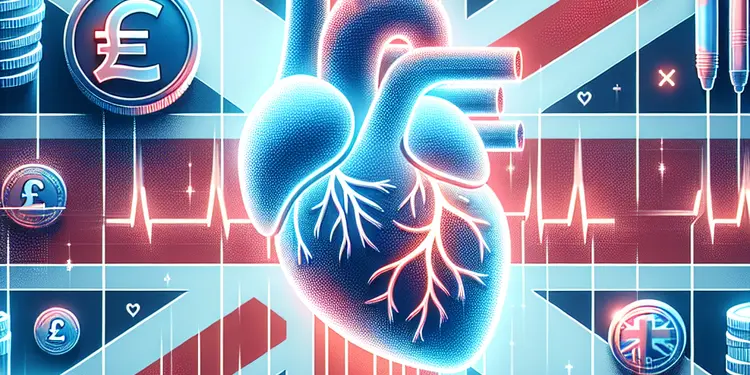
What are the long-term effects of a heart attack?
Relevance: 25%
-

What is dangerous driving?
Relevance: 24%
-
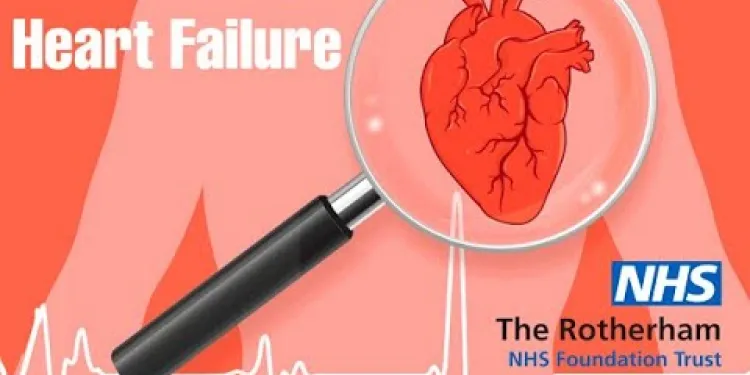
Heart Failure : When the heart becomes stiff?
Relevance: 24%
-
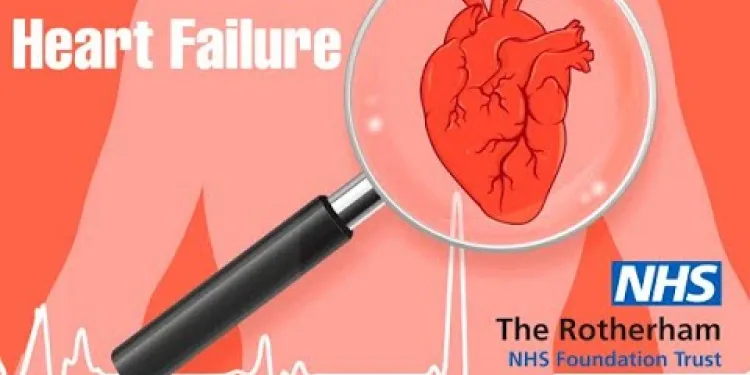
Heart Failure : Heart failure that cannot pump
Relevance: 24%
-
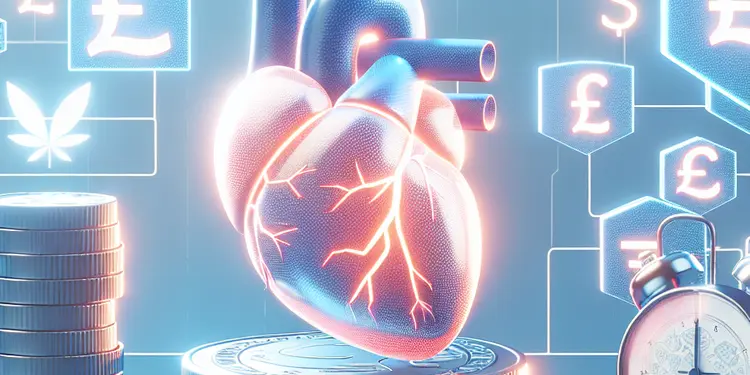
How do beta-blockers contribute to heart attack prevention?
Relevance: 24%
-
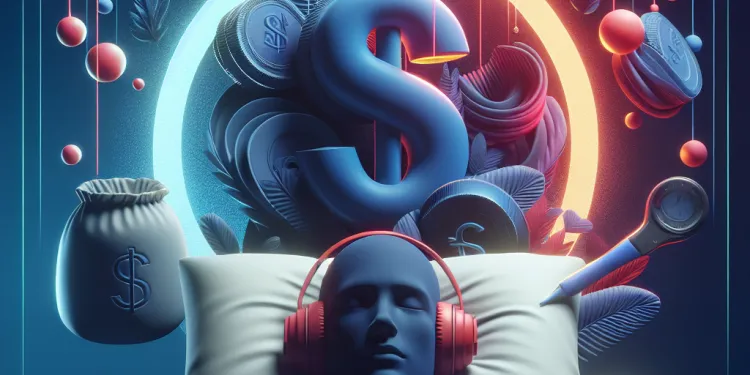
Why is sleep apnea dangerous?
Relevance: 23%
-

Heart Failure : The normal heart
Relevance: 23%
-
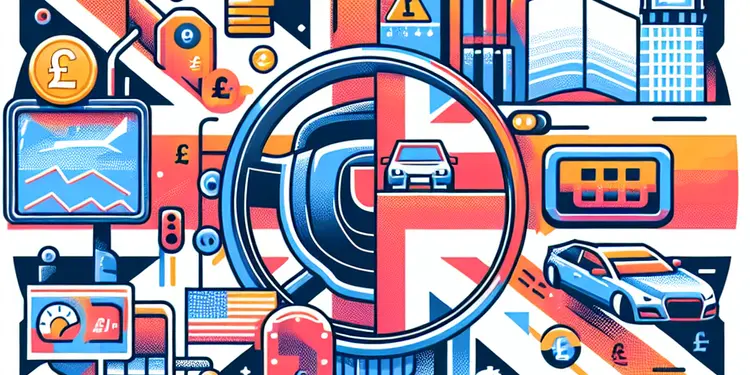
What is considered dangerous driving?
Relevance: 23%
-

What are the consequences of dangerous driving?
Relevance: 23%
-
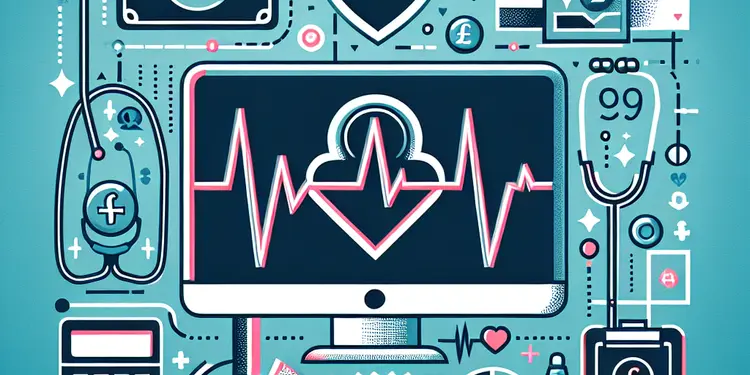
What is the prognosis for someone with heart failure?
Relevance: 22%
-
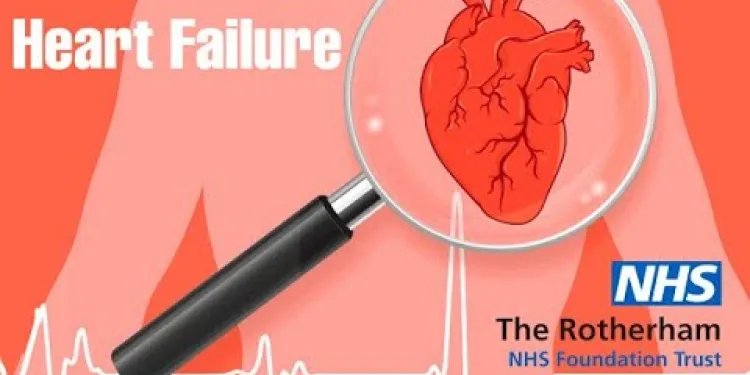
Heart Failure : What is heart failure?
Relevance: 22%
-
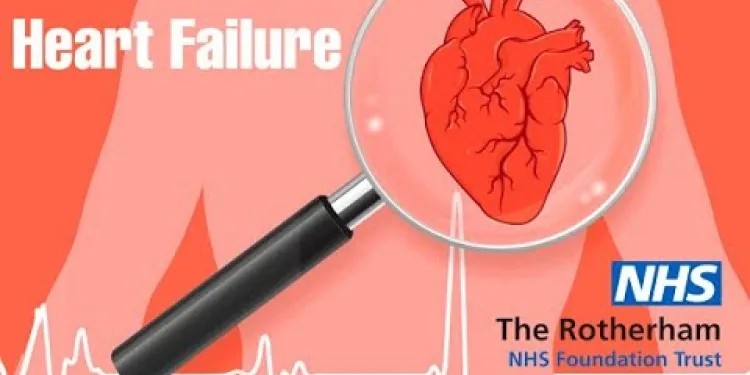
Heart Failure : Symptoms of heart failure
Relevance: 22%
-
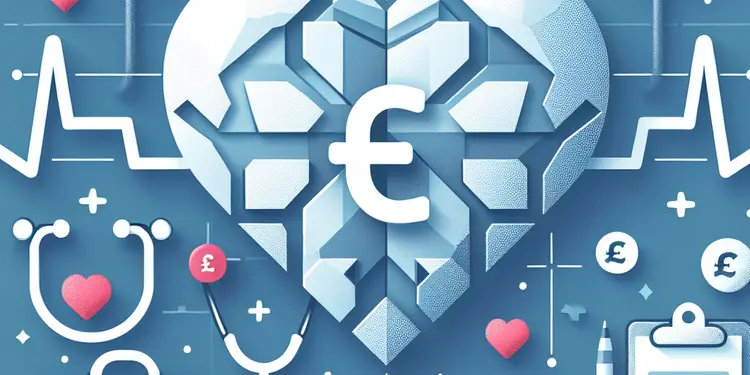
What causes heart failure?
Relevance: 22%
-
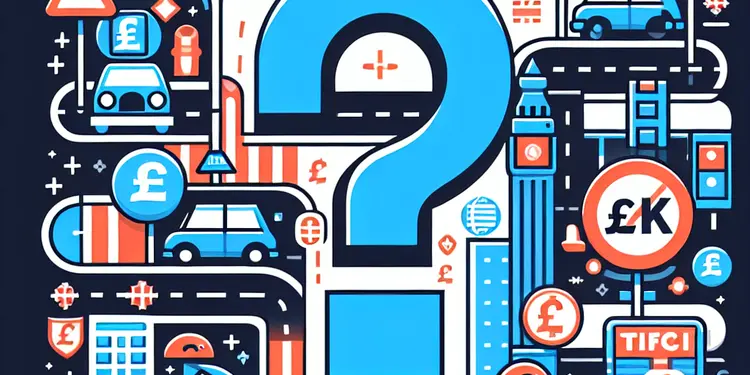
Are there specific laws against dangerous driving?
Relevance: 22%
-
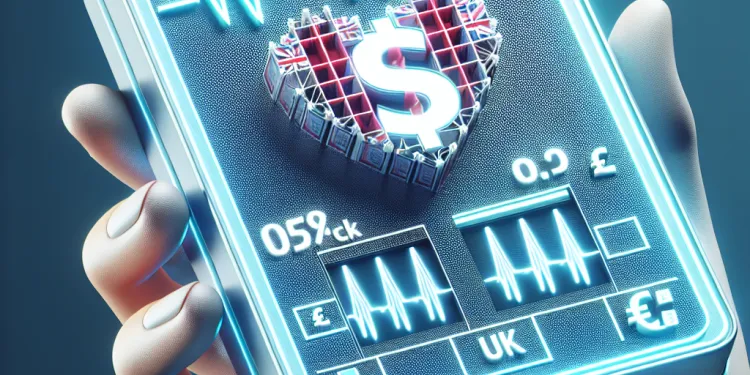
What is a defibrillator?
Relevance: 22%
-
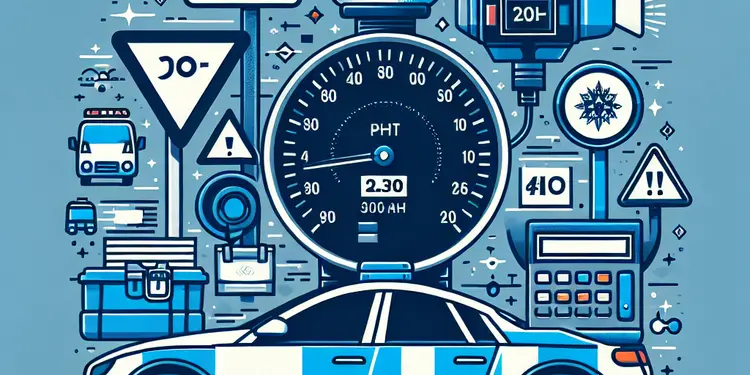
How is dangerous driving detected by police?
Relevance: 22%
-

What steps should I take if a screening test shows abnormal results?
Relevance: 22%
-

Heart stents
Relevance: 22%
-

Are there different types of heart failure?
Relevance: 22%
-

Can staying in a car during a heatwave be dangerous?
Relevance: 21%
-
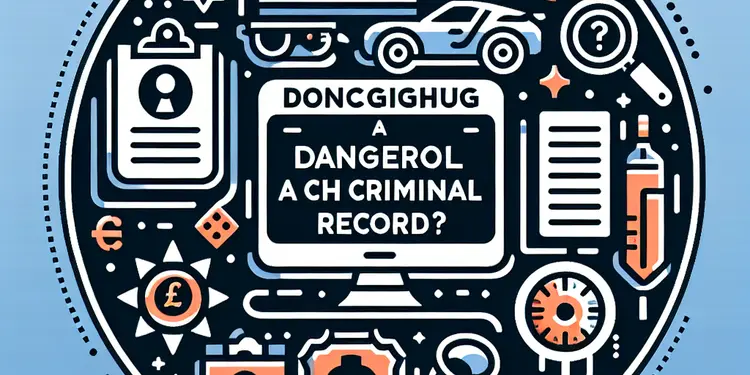
Can dangerous driving lead to a criminal record?
Relevance: 21%
-
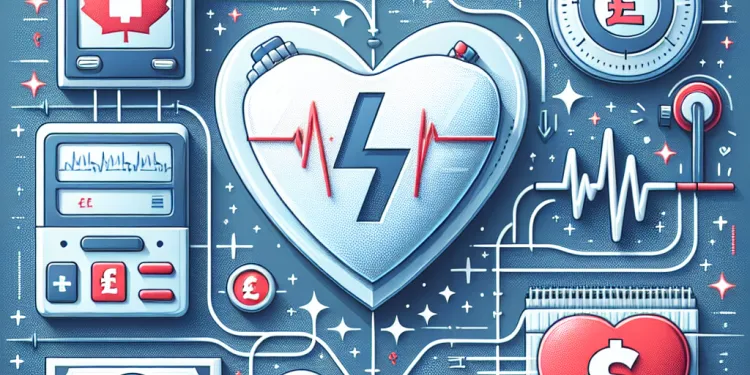
How does a defibrillator work?
Relevance: 21%
-
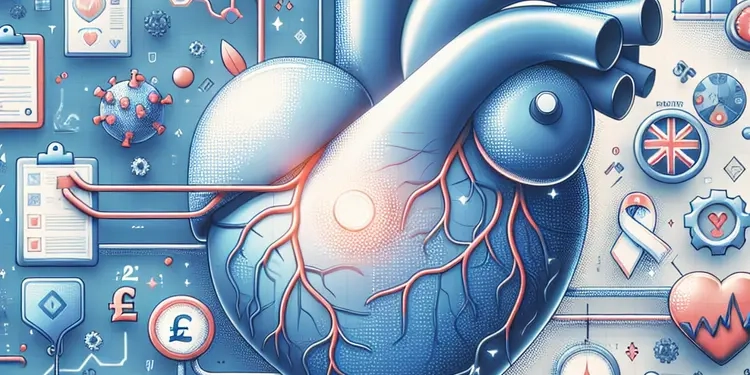
What is heart valve disease?
Relevance: 21%
-
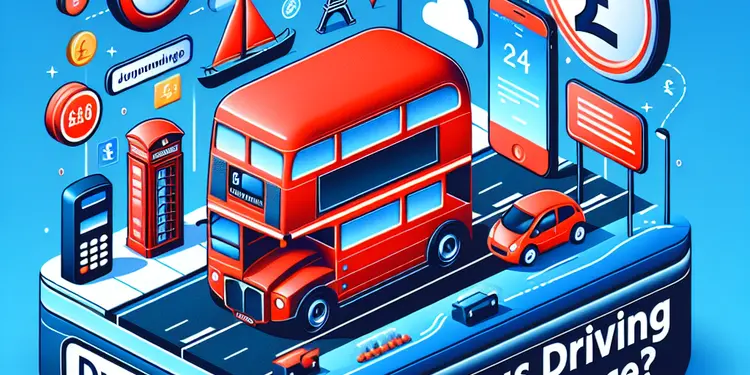
How can dangerous driving affect my insurance?
Relevance: 21%
-

Heart failure introduction
Relevance: 21%
-
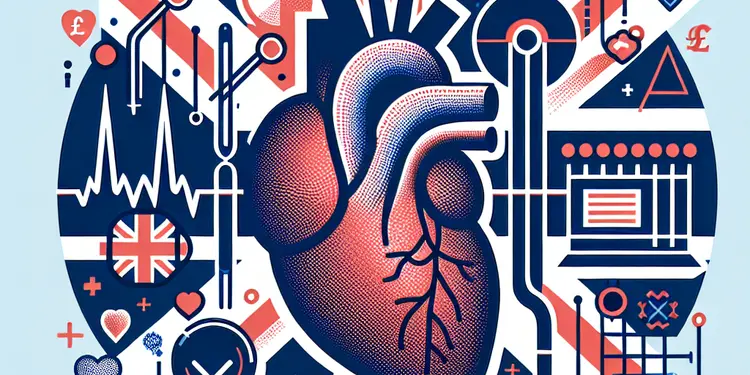
Can heart failure affect other organs?
Relevance: 21%
-
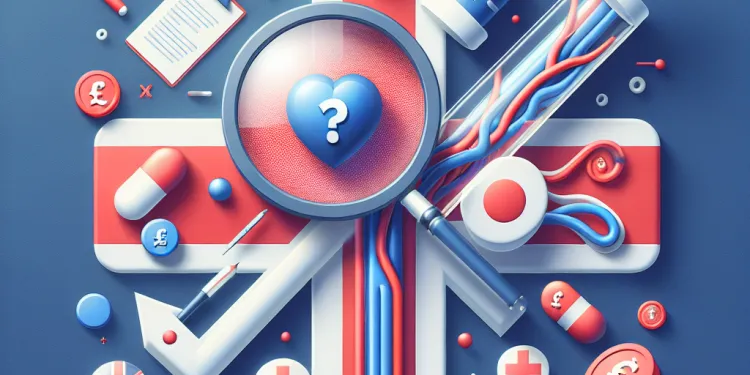
Why is thrombosis dangerous?
Relevance: 20%
-

What is the difference between careless driving and dangerous driving?
Relevance: 20%
-
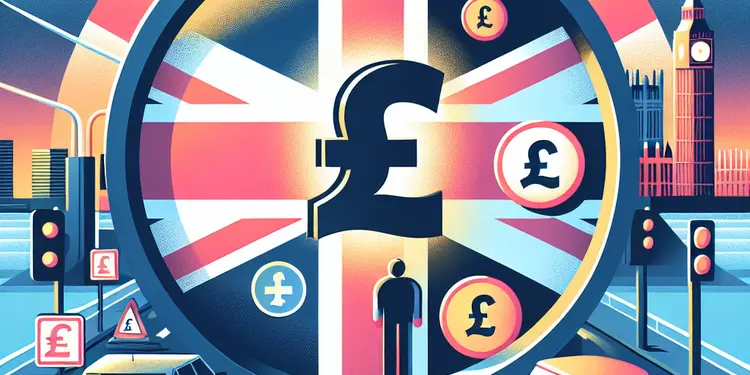
What should I do if I encounter a dangerous driver on the road?
Relevance: 20%
-

What is the most dangerous spider in the UK?
Relevance: 20%
-
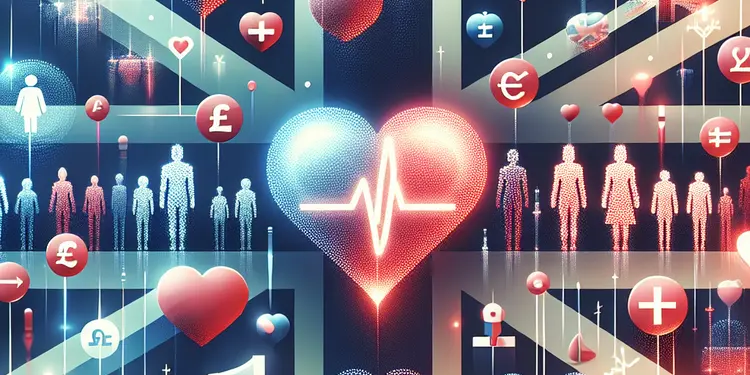
Can heart attack symptoms vary by age?
Relevance: 20%
-

Can distracted driving be classified as dangerous driving?
Relevance: 20%
-
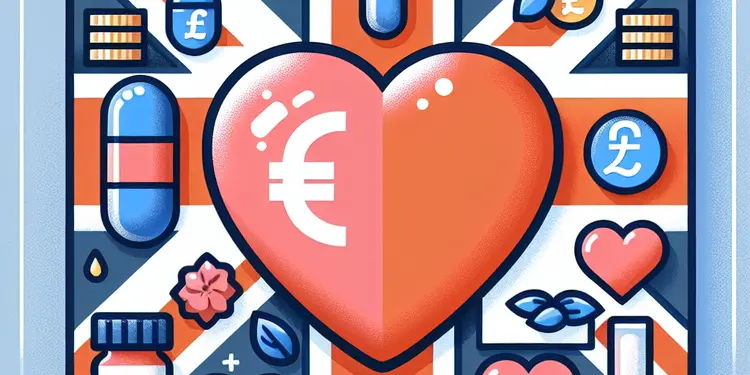
Are there specific fats that support heart health?
Relevance: 20%
Is My Abnormal Heart Rhythm Dangerous?
Understanding Abnormal Heart Rhythms
An abnormal heart rhythm, also known as arrhythmia, is a condition where the heart beats too quickly, too slowly, or with an irregular pattern. In the United Kingdom, thousands of people experience this condition, which can range from harmless to life-threatening. It is crucial to understand the different types of arrhythmias to assess their potential danger.Types of Abnormal Heart Rhythms
There are several types of arrhythmias, including: 1. **Bradycardia**: A slow heart rate of fewer than 60 beats per minute. 2. **Tachycardia**: A fast heart rate exceeding 100 beats per minute. 3. **Atrial Fibrillation (AF)**: An irregular and often rapid heart rate causing poor blood flow. 4. **Ventricular Fibrillation (VF)**: A serious condition involving rapid, erratic electrical impulses that cause the ventricles to quiver ineffectively instead of pumping blood.Risk Factors and Symptoms
Some arrhythmias are benign, but certain symptoms can indicate potentially dangerous conditions. Risk factors include heart disease, high blood pressure, smoking, excessive caffeine or alcohol intake, and stress. Common symptoms to watch for are palpitations, dizziness, shortness of breath, chest pain, and fainting.When to Seek Medical Advice
If you experience persistent or severe symptoms such as chest pain, fainting, or difficulty breathing, it's vital to seek medical advice promptly. Even if you have occasional mild symptoms, consulting a healthcare professional can help determine the cause and appropriate treatment plan. Early diagnosis and intervention can prevent complications, including stroke, heart failure, and sudden cardiac arrest.Treatment Options
The treatment for arrhythmias varies depending on the type and severity. Options may include lifestyle modifications, medication, medical procedures like cardioversion or ablation, and the use of devices such as pacemakers or defibrillators. Your healthcare provider will tailor the treatment to your specific condition and needs.Living with Abnormal Heart Rhythms
Living with an arrhythmia requires ongoing management and lifestyle changes. Regular check-ups, adhering to prescribed treatments, and avoiding known triggers are essential. Staying informed and proactive about your condition can significantly improve your quality of life.Conclusion
An abnormal heart rhythm can be a cause for concern, but with proper understanding and management, many people in the UK lead healthy lives despite their condition. Always consult with a healthcare professional if you have any doubts or symptoms related to your heart rhythm. Early intervention can make a significant difference in managing the potential risks efficiently.Is My Abnormal Heart Rhythm Dangerous?
What is an Abnormal Heart Rhythm?
An abnormal heart rhythm, also called arrhythmia, happens when your heart beats too fast, too slow, or in an irregular way. Many people in the UK have this condition. Some types are not harmful, but others can be very serious. It is important to know about different types of abnormal heart rhythms to see if they are dangerous.Types of Abnormal Heart Rhythms
There are different types of abnormal heart rhythms: 1. **Bradycardia**: This is when the heart beats too slowly, at less than 60 beats a minute. 2. **Tachycardia**: This is when the heart beats too fast, at more than 100 beats a minute. 3. **Atrial Fibrillation (AF)**: This is when the heart beats in an uneven and often fast way, making it hard for blood to flow well. 4. **Ventricular Fibrillation (VF)**: This is a very serious type where the heart beats quickly and unevenly, causing it to shake and not pump blood properly.What Are the Risks and Signs?
Some abnormal heart rhythms are not dangerous, but some signs may show a serious problem. Things that increase risk include heart disease, high blood pressure, smoking, too much caffeine or alcohol, and stress. Common signs to look out for are feeling your heart race, feeling dizzy, trouble breathing, chest pain, and fainting.When to Get Medical Help
If you have strong or ongoing symptoms like chest pain, fainting, or trouble breathing, you should see a doctor quickly. Even if the symptoms are mild, it is good to talk to a doctor to find out what's wrong and how to treat it. Finding the problem early can prevent serious issues like stroke, heart failure, and sudden heart stoppage.How Are Abnormal Heart Rhythms Treated?
Treatment depends on the type and how bad the arrhythmia is. It might include changes to your lifestyle, taking medicines, or procedures like cardioversion or ablation. Some people might need special devices like pacemakers or defibrillators. Your doctor will decide the best treatment for you.Living with an Abnormal Heart Rhythm
Managing an abnormal heart rhythm means making changes and seeing the doctor regularly. Follow your treatment and avoid things that make your condition worse. Knowing about your heart condition and taking the right steps can help you live a good life.Summary
An abnormal heart rhythm can be worrying, but with the right knowledge and care, many people in the UK live well with this condition. Always check with a doctor if you have questions or symptoms about your heart rhythm. Acting early can help manage risks and improve your health.Frequently Asked Questions
What is an abnormal heart rhythm?
An abnormal heart rhythm, also known as an arrhythmia, is a condition where the heart beats irregularly, too fast, or too slow.
Are all abnormal heart rhythms dangerous?
Not all abnormal heart rhythms are dangerous. Some can be harmless and may not require treatment, while others can be serious and warrant medical attention.
What are common symptoms of an abnormal heart rhythm?
Common symptoms include palpitations, dizziness, shortness of breath, chest pain, and fainting.
How can I tell if my abnormal heart rhythm is dangerous?
If you experience severe symptoms like chest pain, fainting, or extreme shortness of breath, seek immediate medical attention. A doctor can evaluate the seriousness of your condition.
Can stress or anxiety cause an abnormal heart rhythm?
Yes, stress and anxiety can trigger an abnormal heart rhythm in some people.
What tests can diagnose an abnormal heart rhythm?
Tests such as an electrocardiogram (ECG), Holter monitor, event recorder, and electrophysiological studies can diagnose abnormal heart rhythms.
Can lifestyle changes help manage an abnormal heart rhythm?
Yes, lifestyle changes such as reducing stress, avoiding caffeine and alcohol, quitting smoking, and maintaining a healthy diet can help manage an abnormal heart rhythm.
What medical treatments are available for abnormal heart rhythms?
Treatments include medications, electrical cardioversion, catheter ablation, and implantable devices like pacemakers or defibrillators.
Is it safe to exercise if I have an abnormal heart rhythm?
It's important to consult with your doctor before starting or continuing an exercise regimen if you have an abnormal heart rhythm. They can recommend safe activities based on your condition.
Can an abnormal heart rhythm be cured?
Some types of abnormal heart rhythms can be cured with treatments like catheter ablation, but others may be managed rather than completely cured.
What are the risk factors for developing an abnormal heart rhythm?
Risk factors include heart disease, high blood pressure, diabetes, smoking, excessive alcohol or caffeine consumption, and certain medications.
Can children have abnormal heart rhythms?
Yes, children can have abnormal heart rhythms, although the causes and treatments may differ from those in adults.
Is there an increased risk of stroke with certain abnormal heart rhythms?
Yes, certain abnormal heart rhythms like atrial fibrillation can increase the risk of stroke. Blood-thinning medications may be prescribed to reduce this risk.
How does alcohol affect an abnormal heart rhythm?
Alcohol can exacerbate certain types of abnormal heart rhythms and may trigger episodes in some people. It's best to discuss alcohol consumption with your doctor.
What should I do if I experience an episode of abnormal heart rhythm?
If you experience an episode, try to stay calm and sit or lie down. If the symptoms are severe or persistent, seek urgent medical attention. Contact your doctor for guidance on managing episodes.
What is an unusual heartbeat?
An abnormal heart rhythm is when your heart does not beat in the usual way. It might beat too fast, too slow, or not regularly.
You can try using tools like a picture or a video to help understand better. Listening to someone explain it can help too.
Are all unusual heartbeats bad for you?
Sometimes, your heart can beat in a funny way. This is called an unusual heartbeat. Not all unusual heartbeats are bad. But some can be.
If you feel your heart beating funny, tell a grown-up or go to the doctor. They can check if it is okay or not.
Using a stethoscope or a heart monitor can help doctors find out more about your heartbeat.
Not all heartbeats that are not normal are bad. Some are okay and do not need a doctor. But some are serious and you should see a doctor.
What are signs of a heart problem?
Some common signs are feeling your heart race, feeling dizzy, having trouble breathing, feeling pain in your chest, and fainting.
How can I know if my heart rhythm is unsafe?
A heart rhythm is how your heart beats.
An abnormal heart rhythm means your heart is not beating the usual way.
Here are some steps to help you:
- Talk to a doctor. They know a lot about hearts and can help you.
- Tell an adult if you feel strange things like a fast beating heart, feeling dizzy, or fainting.
- Use a heart monitor. This is a tool that can check how your heart is beating.
Remember, it is important to ask for help from others. Adults and doctors can help keep you safe.
If you feel very bad, like if your chest hurts, you faint, or it's really hard to breathe, get help from a doctor right away. A doctor can check if it's serious.
Can feeling worried or nervous make my heart beat differently?
Yes, feeling stressed or worried can make some people's hearts beat differently.
What tests can find problems with the way the heart beats?
Special tests can help find out if your heart is beating differently. These tests are called: electrocardiogram (ECG), Holter monitor, event recorder, and electrophysiological studies.
Consider using pictures, recordings, or apps to make it easier to follow along.
Can changes in how you live help with a heart that beats differently?
Yes, changing how you live can help your heart. Here are some ways to do it:
- Eat Healthy: Try eating more fruits and vegetables. They are good for your heart.
- Exercise: Move your body every day. Even a short walk helps.
- Stress Less: Take deep breaths and relax. Doing things like drawing or listening to music can help.
- Sleep Well: Make sure you get enough sleep every night.
- Avoid Bad Habits: Things like smoking and drinking too much alcohol can hurt your heart.
If you find it hard to make these changes, ask a grown-up or a doctor for help. They can give you tips and support.
Yes, changing how you live can help your heart. Try to stress less, stay away from drinks like coffee and alcohol, stop smoking, and eat healthy foods.
What can doctors do to help when your heart doesn't beat normally?
Sometimes, a person's heart may not beat the way it's supposed to. This is called an abnormal heart rhythm.
Doctors have different ways to help:
- They can give you medicine to help your heart beat properly.
- They might use a machine to keep your heart beating at the right speed.
- Sometimes, they do a small surgery to fix the problem in your heart.
If you find it hard to understand, you can ask someone to explain it to you. You can also use tools like pictures or videos that show how the heart works. These can help make it easier to learn about your heart.
Treatments can help fix heart problems. These treatments include:
- Medicines you can take.
- A special procedure called electrical cardioversion, that helps your heart beat normally with an electric shock.
- A process called catheter ablation that fixes heart rhythm by destroying small areas of heart tissue causing the problem.
- Devices put in your body, such as pacemakers or defibrillators, which help keep your heart beating the right way.
If you need help reading, try using tools like audiobooks or reading apps that make text larger. It’s okay to ask someone to explain things if you don’t understand.
Can I work out if my heartbeat is not normal?
Your heart may beat too fast, too slow, or in a strange way. This is called an abnormal heart rhythm. Before you start exercising, talk to a doctor. They can tell you what is safe for you.
Here are some tips to help you:
- Ask someone to go with you when you exercise.
- Start with easy exercises, like walking or stretching.
- Listen to your body. Stop if you feel tired or dizzy.
You might find it helpful to use tools like a heart rate monitor to keep track of your heartbeat. If you have questions, always ask your doctor.
Talk to your doctor before you start or keep doing exercise if your heartbeat is not normal. They will tell you what exercises are safe for you.
Can a heart beat that is not regular be fixed?
Some strange heart beats can be fixed with special treatments. One treatment is called catheter ablation. But some heart beats can't be fully fixed. They can be taken care of instead.
What makes it more likely to have a problem with your heart beat?
Things that can make you sick include heart problems, high blood pressure, diabetes, smoking, drinking too much alcohol or caffeine, and some medicines.
Can kids have heartbeats that are not normal?
Yes, sometimes kids can have heartbeats that don't beat the way they should.
If you want help reading about this, you can:
- Ask someone you trust to read it with you.
- Look up words you don't know in a simple dictionary.
- Use text-to-speech tools to listen to the information.
Yes, kids can have heartbeats that are not normal. The reasons and ways to help might be different than for grown-ups.
Can some heart problems make a stroke happen more?
Yes, some heart problems can make it more likely to have a stroke. One problem is called atrial fibrillation. Doctors might give you medicine to make your blood thinner so you have less chance of a stroke.
How does drinking alcohol change the way your heart beats?
Drinking alcohol can make your heart beat in a different way. This is sometimes called an "abnormal heart rhythm." It means your heart might not be beating like it should. This can make you feel unwell.
If you have trouble reading, ask someone to read with you. Point to the words you don't know and ask about them. You can also try reading tools that highlight words or say them out loud for you. This can help you understand better.
Drinking alcohol can make some heart problems worse. It can cause heart rhythms (the way your heart beats) to change. Talk to your doctor about drinking alcohol. They can help you understand if it is safe for you.
What should I do if my heart beats funny?
If your heart feels like it is beating strange or your chest feels funny, stay calm. Here are some steps you can take:
- 1. Sit down and rest. Take slow, deep breaths.
- 2. Ask someone for help if you are scared.
- 3. Call a doctor or an adult you trust to tell them how you feel.
- 4. If you feel very sick or have pain, call emergency services right away.
It might help to write down how you feel, what you were doing, and how long it lasted. This can help doctors understand what happened.
If you start to feel unwell, try to stay calm. Sit down or lie down. If you feel very bad or it doesn't stop, get medical help quickly. Call your doctor to learn how to handle these feelings.
Here are some things that might help:
- Breathing slowly and deeply
- Listening to soft music
- Asking someone to be with you
Useful Links
This website offers general information and is not a substitute for professional advice.
Always seek guidance from qualified professionals.
If you have any medical concerns or need urgent help, contact a healthcare professional or emergency services immediately.
Some of this content was generated with AI assistance. We’ve done our best to keep it accurate, helpful, and human-friendly.
- Ergsy carfully checks the information in the videos we provide here.
- Videos shown by Youtube after a video has completed, have NOT been reviewed by ERGSY.
- To view, click the arrow in centre of video.
- Most of the videos you find here will have subtitles and/or closed captions available.
- You may need to turn these on, and choose your preferred language.
- Go to the video you'd like to watch.
- If closed captions (CC) are available, settings will be visible on the bottom right of the video player.
- To turn on Captions, click settings .
- To turn off Captions, click settings again.
More Items From Ergsy search
-

Is my abnormal heart rhythm dangerous?
Relevance: 100%
-

Is my abnormal heart rhythm dangerous?
Relevance: 95%
-

Can a defibrillator restart a stopped heart?
Relevance: 32%
-

What is the relationship between cortisol and the circadian rhythm?
Relevance: 31%
-

How is heart failure diagnosed?
Relevance: 30%
-

What if my mammogram results are abnormal?
Relevance: 28%
-

Medicines of the heart
Relevance: 26%
-

What are the long-term effects of a heart attack?
Relevance: 25%
-

What is dangerous driving?
Relevance: 24%
-

Heart Failure : When the heart becomes stiff?
Relevance: 24%
-

Heart Failure : Heart failure that cannot pump
Relevance: 24%
-

How do beta-blockers contribute to heart attack prevention?
Relevance: 24%
-

Why is sleep apnea dangerous?
Relevance: 23%
-

Heart Failure : The normal heart
Relevance: 23%
-

What is considered dangerous driving?
Relevance: 23%
-

What are the consequences of dangerous driving?
Relevance: 23%
-

What is the prognosis for someone with heart failure?
Relevance: 22%
-

Heart Failure : What is heart failure?
Relevance: 22%
-

Heart Failure : Symptoms of heart failure
Relevance: 22%
-

What causes heart failure?
Relevance: 22%
-

Are there specific laws against dangerous driving?
Relevance: 22%
-

What is a defibrillator?
Relevance: 22%
-

How is dangerous driving detected by police?
Relevance: 22%
-

What steps should I take if a screening test shows abnormal results?
Relevance: 22%
-

Heart stents
Relevance: 22%
-

Are there different types of heart failure?
Relevance: 22%
-

Can staying in a car during a heatwave be dangerous?
Relevance: 21%
-

Can dangerous driving lead to a criminal record?
Relevance: 21%
-

How does a defibrillator work?
Relevance: 21%
-

What is heart valve disease?
Relevance: 21%
-

How can dangerous driving affect my insurance?
Relevance: 21%
-

Heart failure introduction
Relevance: 21%
-

Can heart failure affect other organs?
Relevance: 21%
-

Why is thrombosis dangerous?
Relevance: 20%
-

What is the difference between careless driving and dangerous driving?
Relevance: 20%
-

What should I do if I encounter a dangerous driver on the road?
Relevance: 20%
-

What is the most dangerous spider in the UK?
Relevance: 20%
-

Can heart attack symptoms vary by age?
Relevance: 20%
-

Can distracted driving be classified as dangerous driving?
Relevance: 20%
-

Are there specific fats that support heart health?
Relevance: 20%


